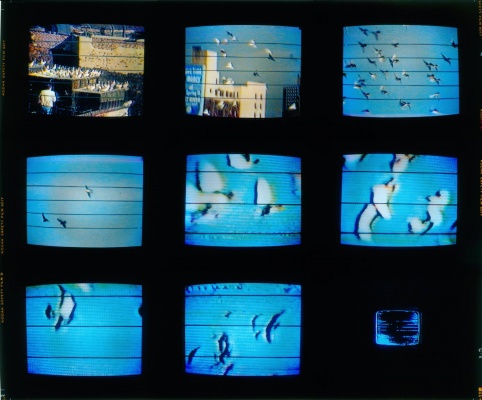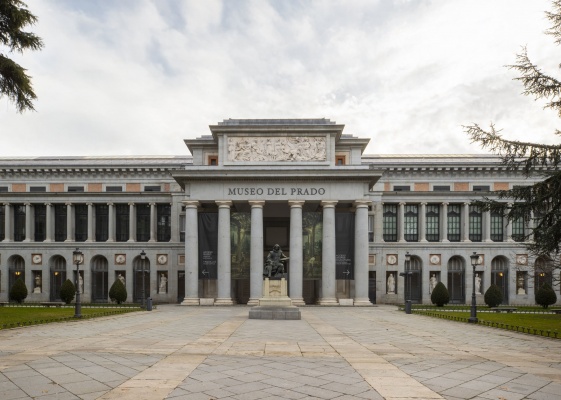Galerías y otras organizaciones que le representan
Organizaciones con obra
Descripción del Artista
For the artist, the everyday events echo in his poetic creations. The group of works presented here has the city of Sao Paulo as its main subject: Campo Belo is the neighbourhood where I’ve spent my childhood; Chão and Cidade Paraíso are works done from observations of a shantytown close to where I live; Estaiada is a bridge between my childhood neighbourhood and the area I inhabit now; Carro de mão is based on photos I’ve taken from people who make a living collecting recycling garbage on the streets; Em obras comes from the constant expansion of Sao Paulo’s public areas; De meio em meio shows the transformation of a green area in a real state enterprise; Casa-caixa and A caixa no tempo are based on boxes used to carry fruits and vegetables that are reused as benches and shelves by homeless people.
In the junction between seeing and researching I encounter the visual forms that interest me most. I’ve been living in Sao Paulo for the most part of my life and its contradictions fascinate me. There is a gulf between the images created for this city and the visual evidences I encounter in everyday life. I establish a parallel between two sequences of Andrei Tarkovski ‘s films for exposing the contrasts I want to show in my work.
The first is a sequence in “Solaris” where the astronaut Burton drives through the city, passing on viaducts and tunnels, swiftly. A metal and mesmerizing soundtrack marks his route, similar to the sound of machinery and electronics. There the city is portrayed as a great metropolis filled with skyscrapers, subways and bridges. The concrete landscape is used mainly by people in speedy vehicles, moving nimbly in line with the frenetic pace of light.
The second sequence is in “Stalker”, where the main characters travel through the train line opened on a motorized trolley, filmed with a camera near the nape. Besides the rhythm marked by the sound of the moving trolley, a soundtrack with strident strings subtly overlaps the sound of the engine. The route is in an area full of rubble: crumbling buildings; remnants of construction materials; scraps of equipment and machinery; wastelands and fallen poles.
Drawing a parallel between the city of Sao Paulo and the scenes described above, I can relate the sequence of “Solaris” with the striking architecture of some buildings I see where I pass daily. On the other hand, the scenes of “Stalker” - with entire sections of precariousness and degradation - metaphor of the double complement of “Solaris”. Both sequences, such as front and back, represents the Sao Paulo city that is a constant reference to my poetic production at the past years.

Exposición. 08 may de 2025 - 14 sep de 2025 / MNAC - Museu Nacional d'Art de Catalunya / Barcelona, España

Formación. 30 oct de 2025 - 11 jun de 2026 / Museo Nacional del Prado / Madrid, España